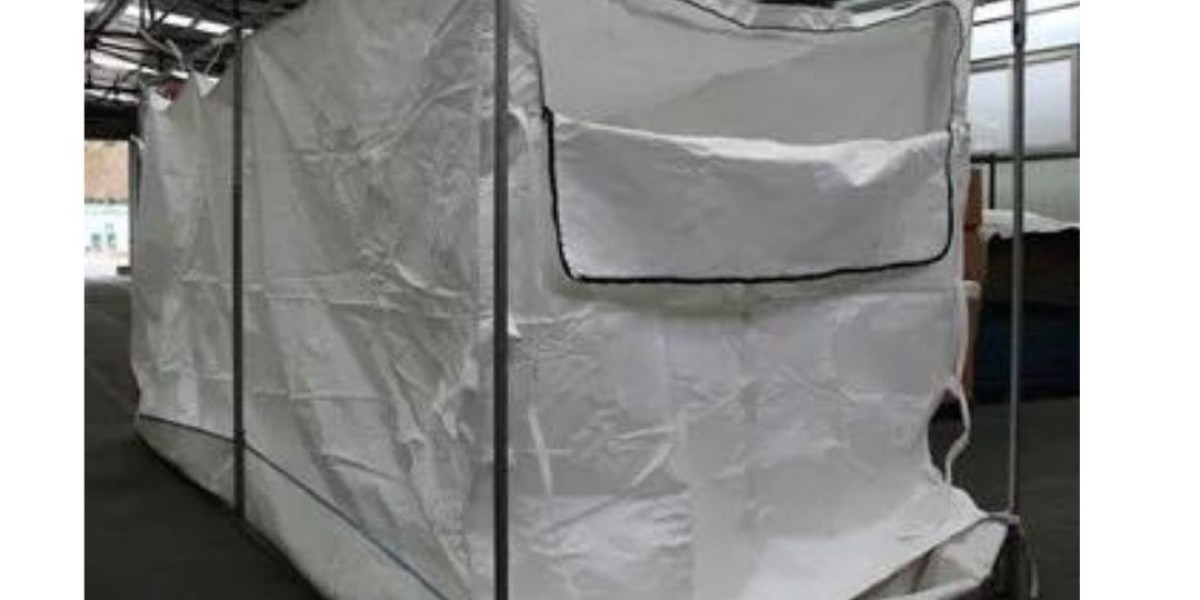In today’s interconnected world, the importance of efficient and reliable shipping methods cannot be overstated. When it comes to transporting bulk goods, container liners offer a robust solution that ensures the safe and efficient handling of various products. This article delves into the intricacies of container liners, highlighting their types, benefits, and the key players in the market.
Understanding Container Liners
Container liners are specialized inflatable bags or sheets designed to fit inside shipping containers. Their primary purpose is to protect cargo from moisture, dust, and contamination during transportation. Container liners serve as a barrier between the container walls and the cargo, significantly reducing the risk of damage. Their design can accommodate different shapes and sizes of cargo, making them a versatile choice for shipping both dry and bulk commodities.
Types of Container Liners
Container liners come in various types, each designed to cater to specific shipping needs. The most common types include:
Flexible Container Liners: Made from materials like polyethylene or polypropylene, these liners can be molded to fit the container's shape, ensuring optimal protection.
Bulk Container Liners: These liners are engineered for transporting bulk materials, such as grains or powders, offering maximum capacity and stability.
Barrier Liners: Designed for products sensitive to moisture, barrier liners provide an additional layer of protection through specialized sealing technologies.
Customized Liners: Container liners can also be tailored to meet the specific needs of shippers, ensuring optimal compatibility with unique cargo requirements.
Benefits of Using Container Liners
Cost Efficiency
One of the primary benefits of using container liners is their cost efficiency. By preventing damage to goods during shipping, businesses can save significantly on replacement and repair costs. Additionally, container liners allow for efficient loading and unloading, reducing labor costs associated with managing cargo.
Reduced Environmental Impact
Container liners contribute to environmental sustainability by minimizing waste. By protecting cargo effectively, these liners reduce the need for excessive packaging materials, resulting in less waste generated during transport. Furthermore, many container liners are recyclable, further enhancing their eco-friendly credentials.
Versatility
Container liners cater to a wide range of industries, from agriculture to chemicals. They can transport everything from food products to construction materials, making them an invaluable tool in diverse shipping applications. This versatility allows businesses to adapt their shipping practices to meet ever-changing market demands.
Enhanced Protection
Container liners provide superior protection against environmental factors such as moisture, dust, and pests. This is particularly significant for products sensitive to contamination, such as food items or pharmaceuticals. By using container liners, businesses can ensure the integrity of their products throughout the shipping process.
Key Players in the Container Liner Market
When considering container liners, it’s essential to understand the role of major industry players, particularly in the context of Container liners manufacturers and suppliers. In India, various companies are involved in the production and distribution of container liners, contributing to both local and global supply chains.
Container Liners Manufacturers
In India, there are several prominent Container liners manufacturers that have established a strong reputation for quality and innovation. These manufacturers invest in research and development to create advanced liner materials that enhance durability and protection. They also focus on meeting international standards to provide products that can compete in the global market.
Container Liners Suppliers
Container liners suppliers play a crucial role in distributing these products to end-users, ensuring that businesses have easy access to the protective solutions they need. Suppliers in India often collaborate with manufacturers to stock a variety of container liner options, providing customers with choices that best suit their shipping requirements. This collaboration also helps in keeping prices competitive while ensuring consistent supply.
Container Liner Sheet in India
The demand for Container liner sheet in India is on the rise, driven by the increasing volume of goods being transported both nationally and internationally. As India continues to expand its manufacturing and export sectors, the need for robust shipping solutions like container liners becomes more pronounced. Companies producing container liner sheets leverage advanced technologies to create products that are not only effective but also tailored to withstand the specific challenges posed by different cargo types.
Conclusion
The importance of container liners in modern shipping cannot be overlooked. They provide a crucial line of defense against risks associated with transporting bulk goods, safeguarding the integrity of products while also enhancing operational efficiency. With numerous container liners manufacturers and suppliers in India meeting the growing demand for reliable shipping solutions, businesses can confidently utilize container liner sheets to optimize their shipping processes. As global trade continues to expand, the role of container liners will likely become even more significant, facilitating smoother and safer transport across borders.
Frequently Asked Questions (FAQs)
1. What materials are container liners made of?
Container liners are primarily made from durable plastic materials such as polyethylene and polypropylene. These materials are chosen for their moisture-resistant properties and ability to withstand the rigors of transportation. Barrier liners may incorporate additional materials to enhance protection against environmental elements.
2. Are container liners recyclable?
Yes, many container liners are recyclable. This is an important aspect for companies looking to maintain an eco-friendly approach to their shipping practices. Recycling contributes to waste reduction and promotes sustainability in the shipping industry.
3. How do I choose the right container liner for my needs?
Selecting the right container liner involves considering several factors, including the type of cargo, environmental conditions during transport, and specific protection requirements. Engaging with suppliers or manufacturers can help businesses identify the best options available based on their unique shipping needs.







